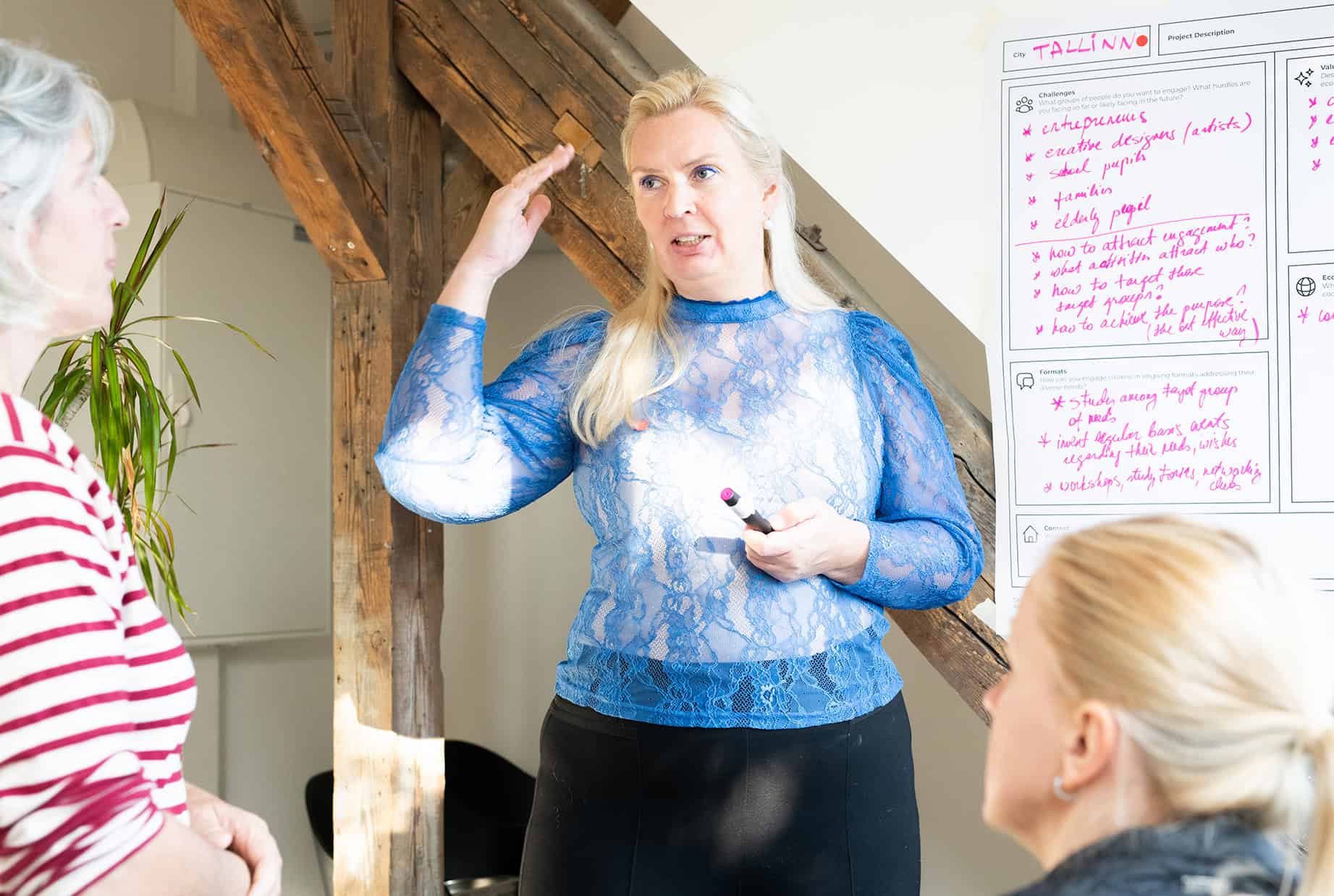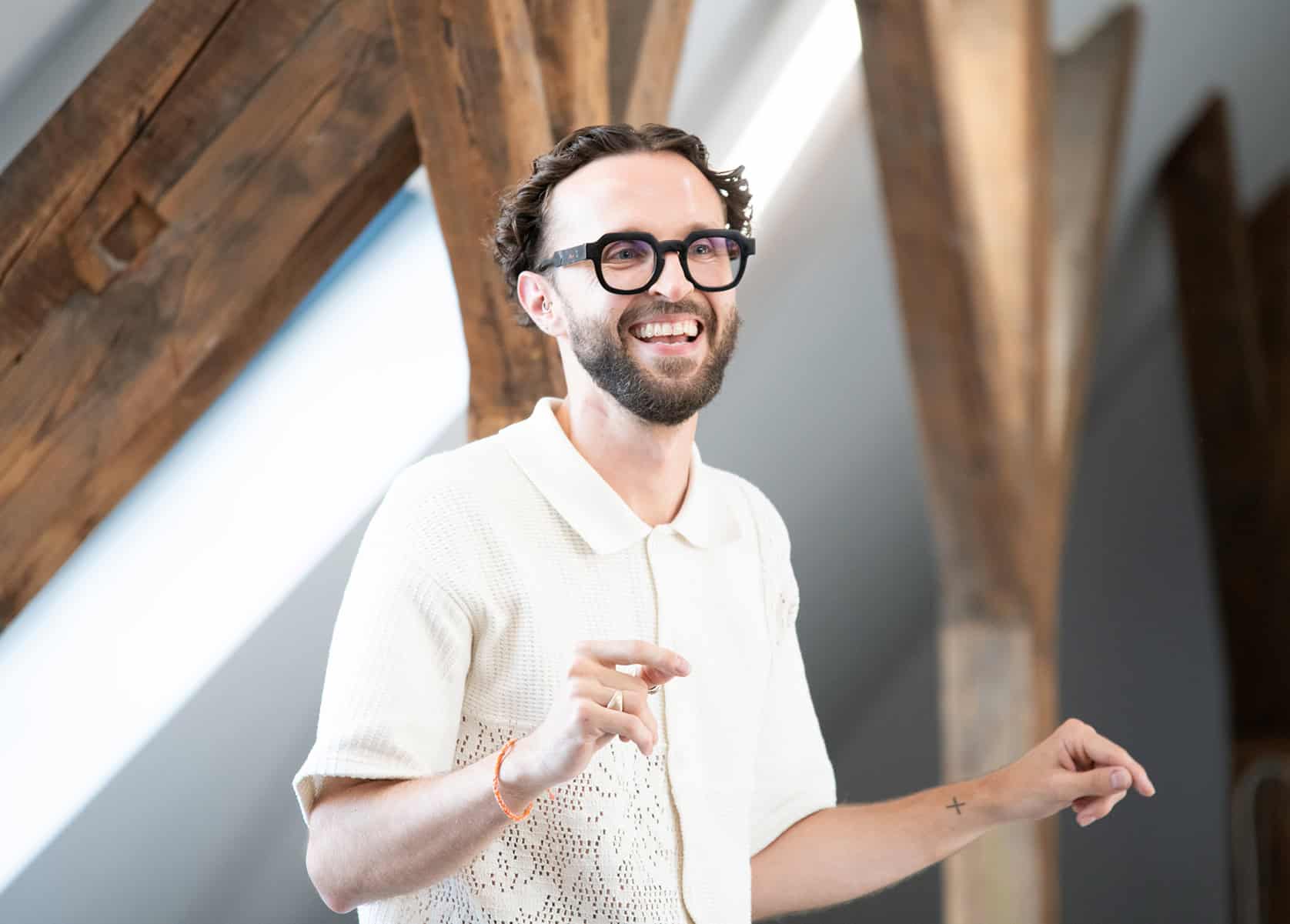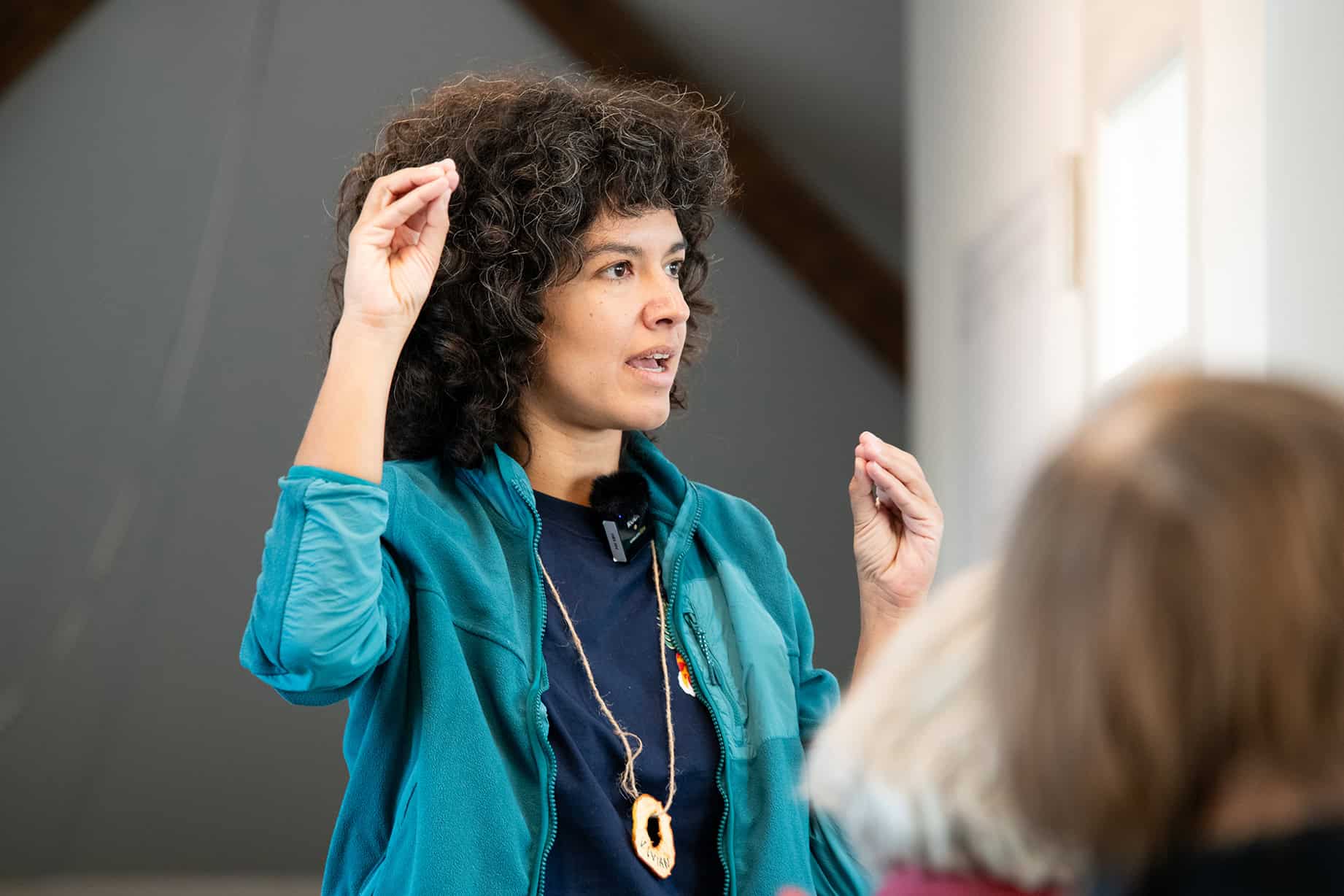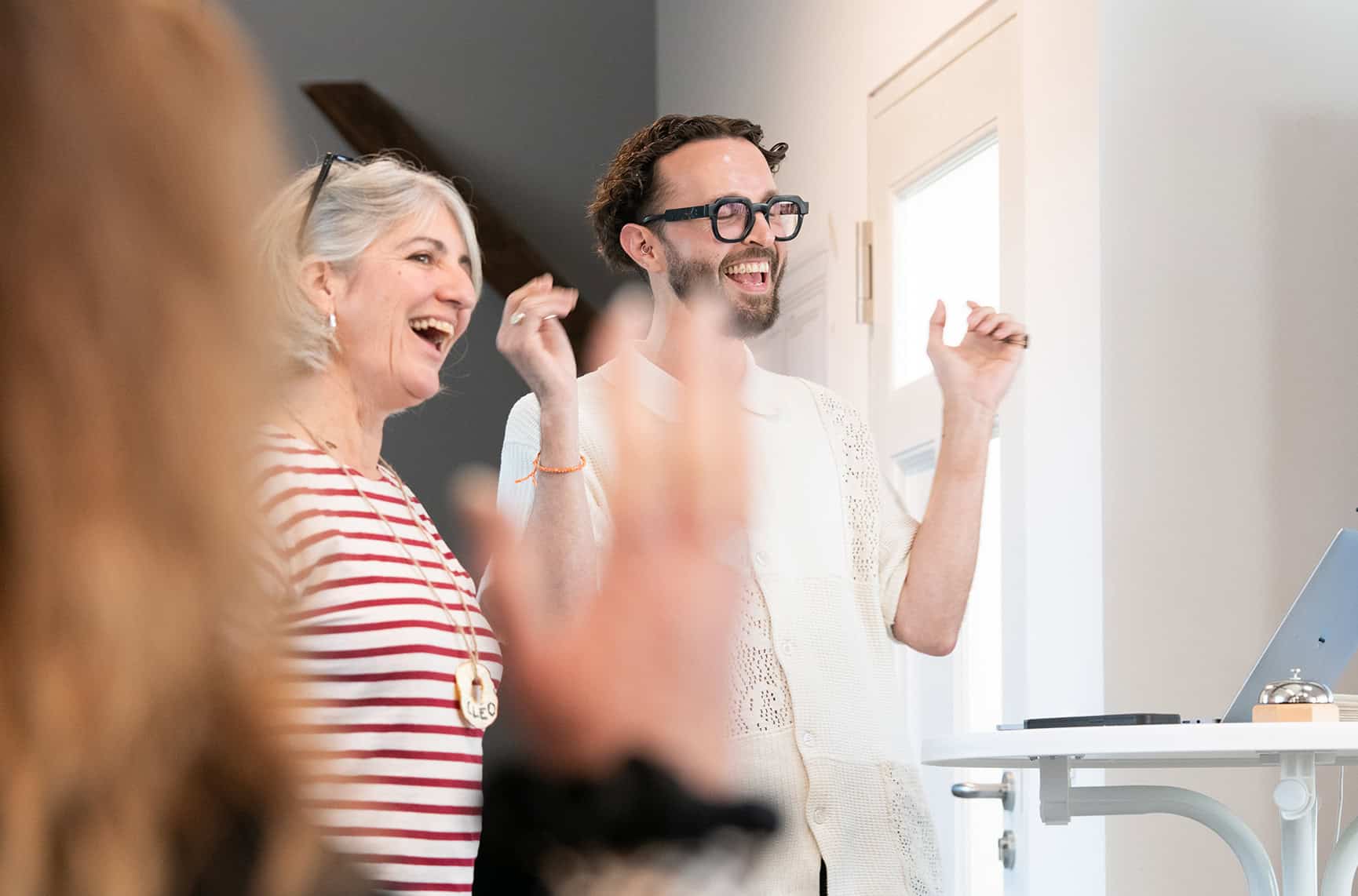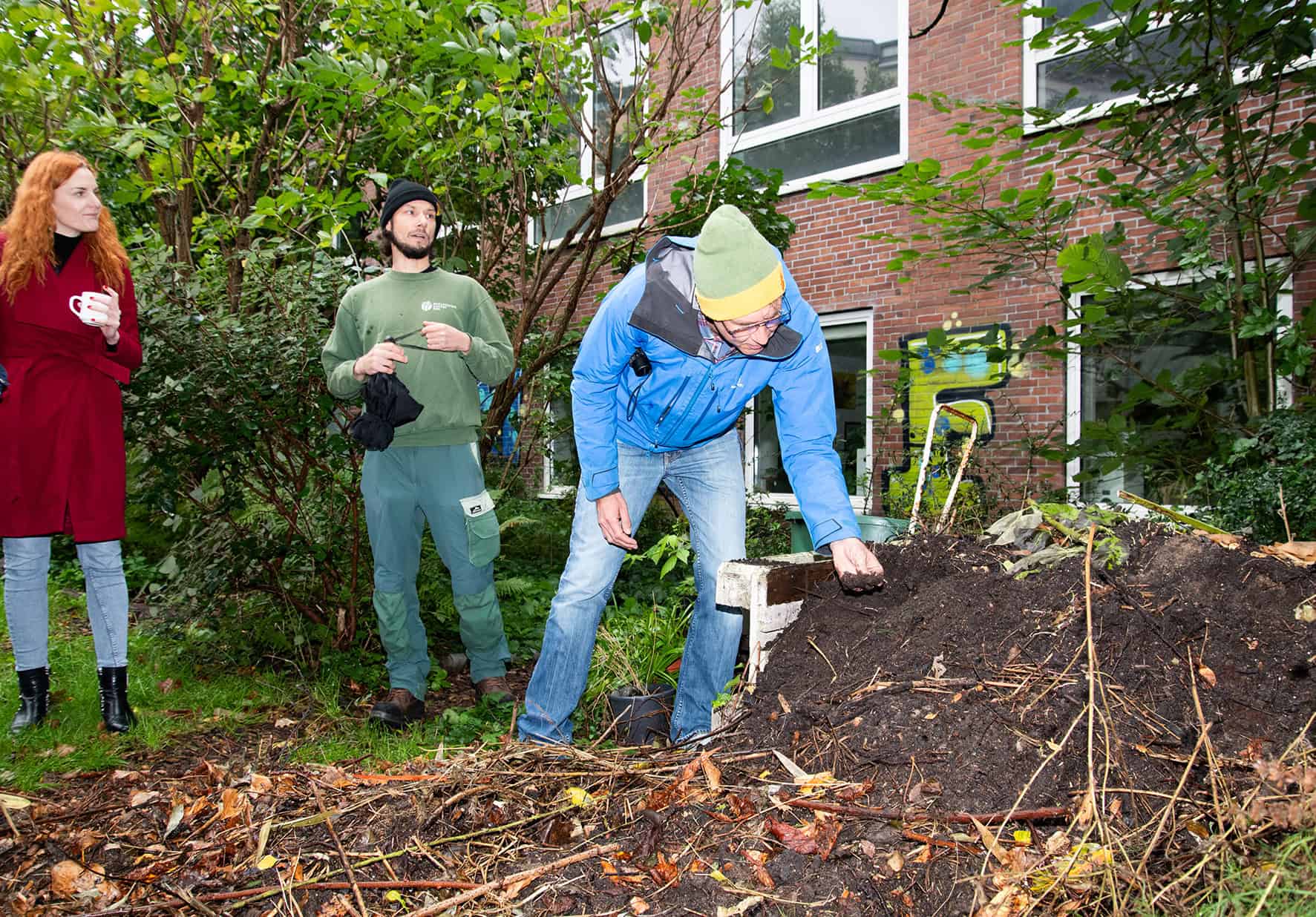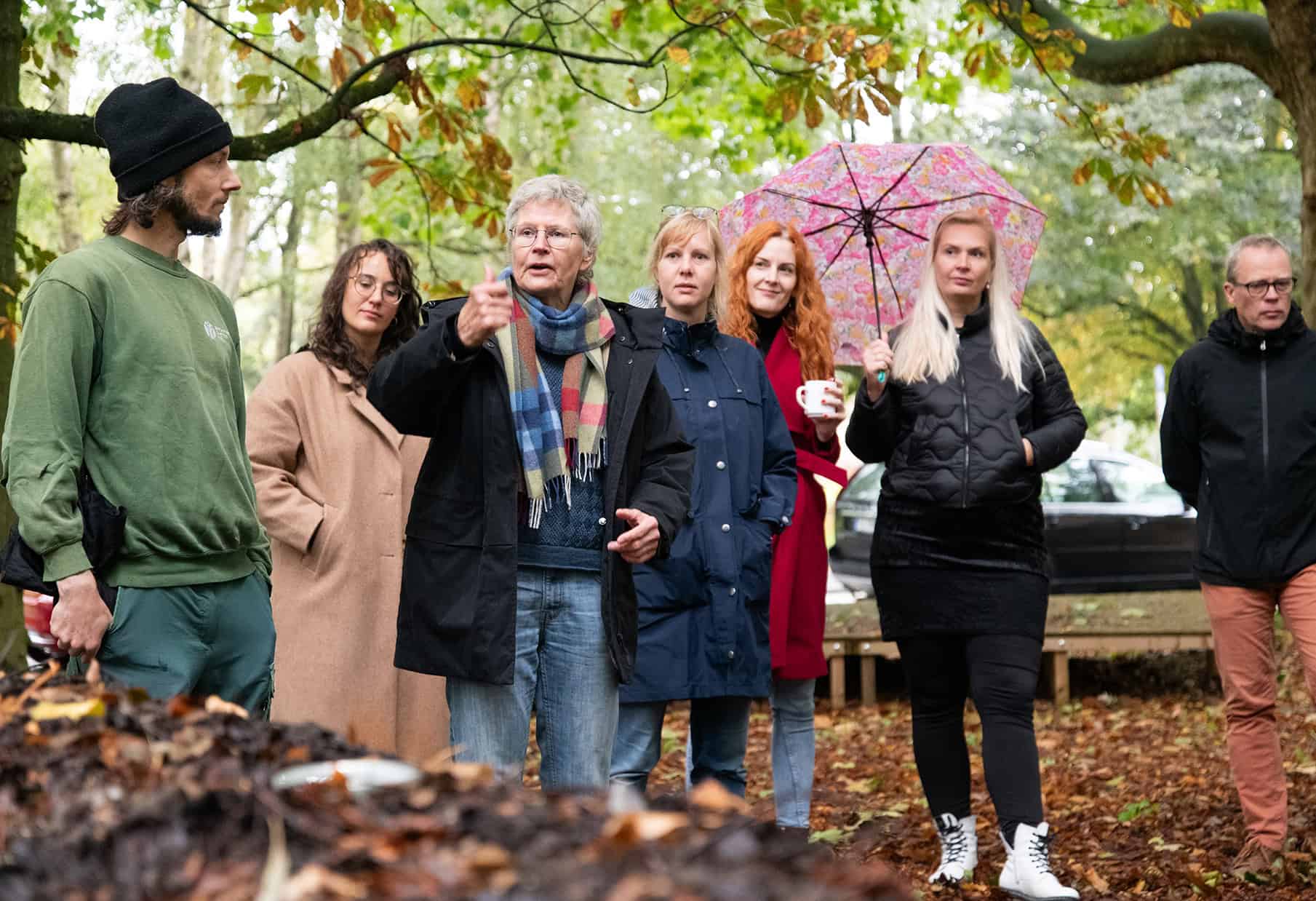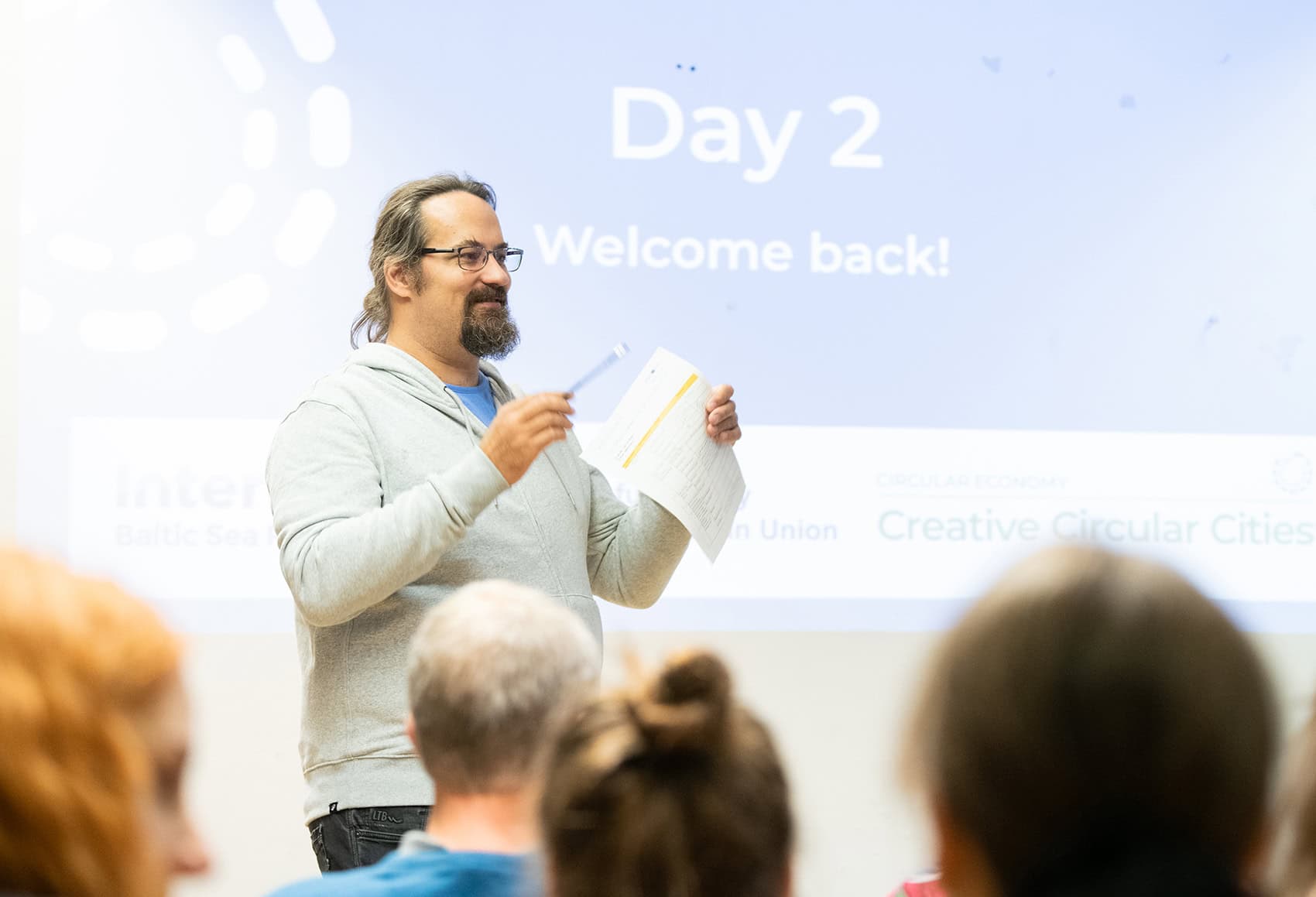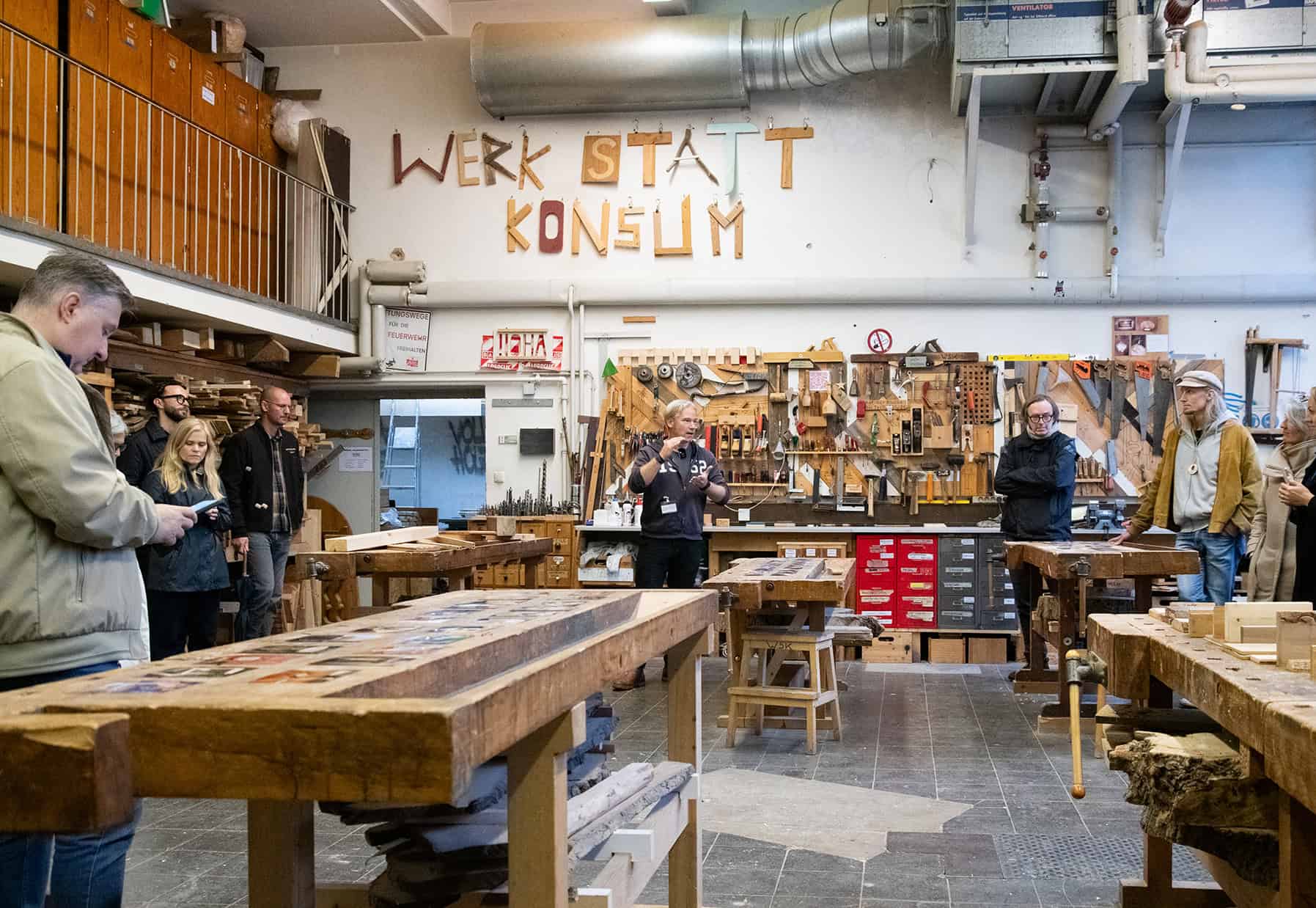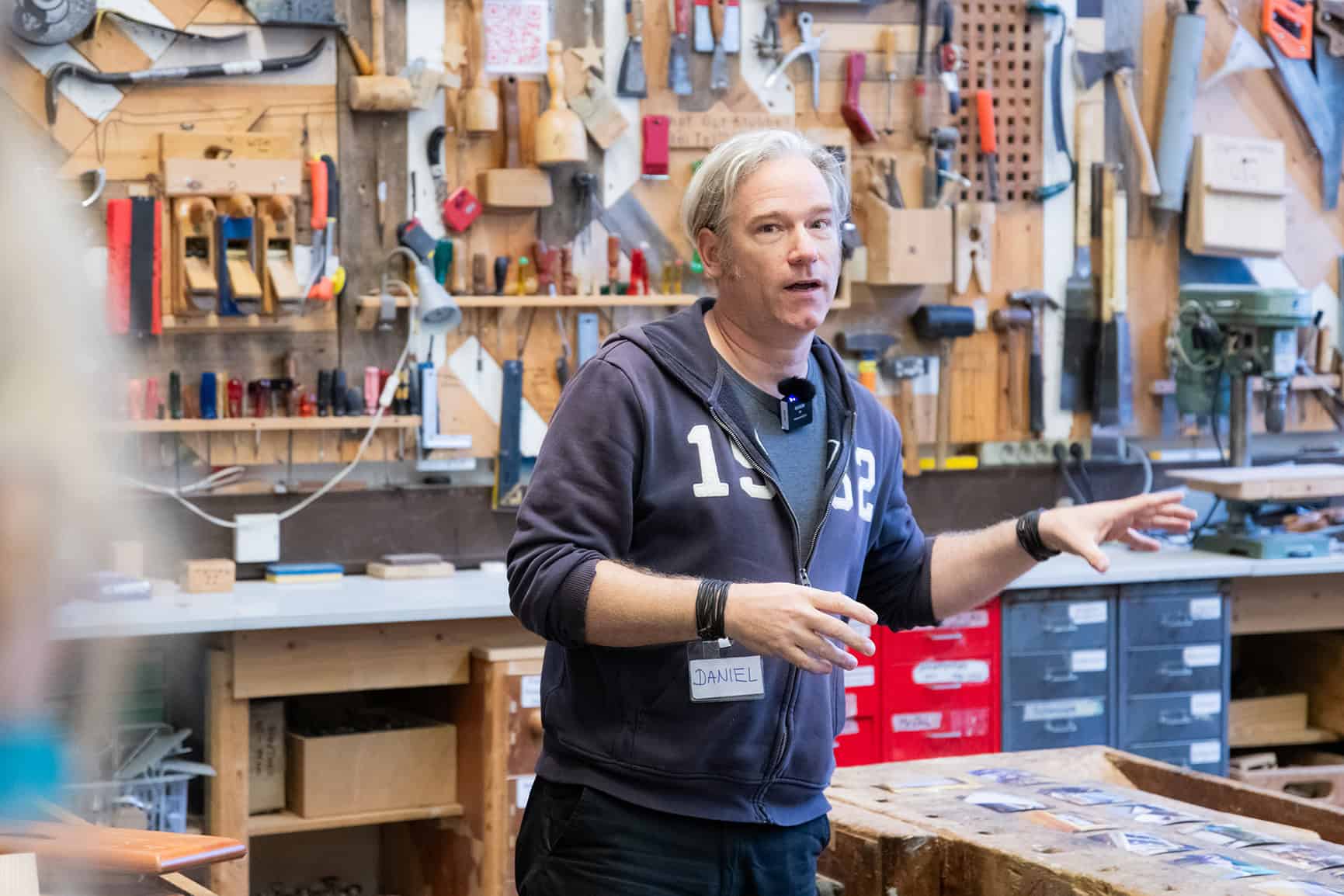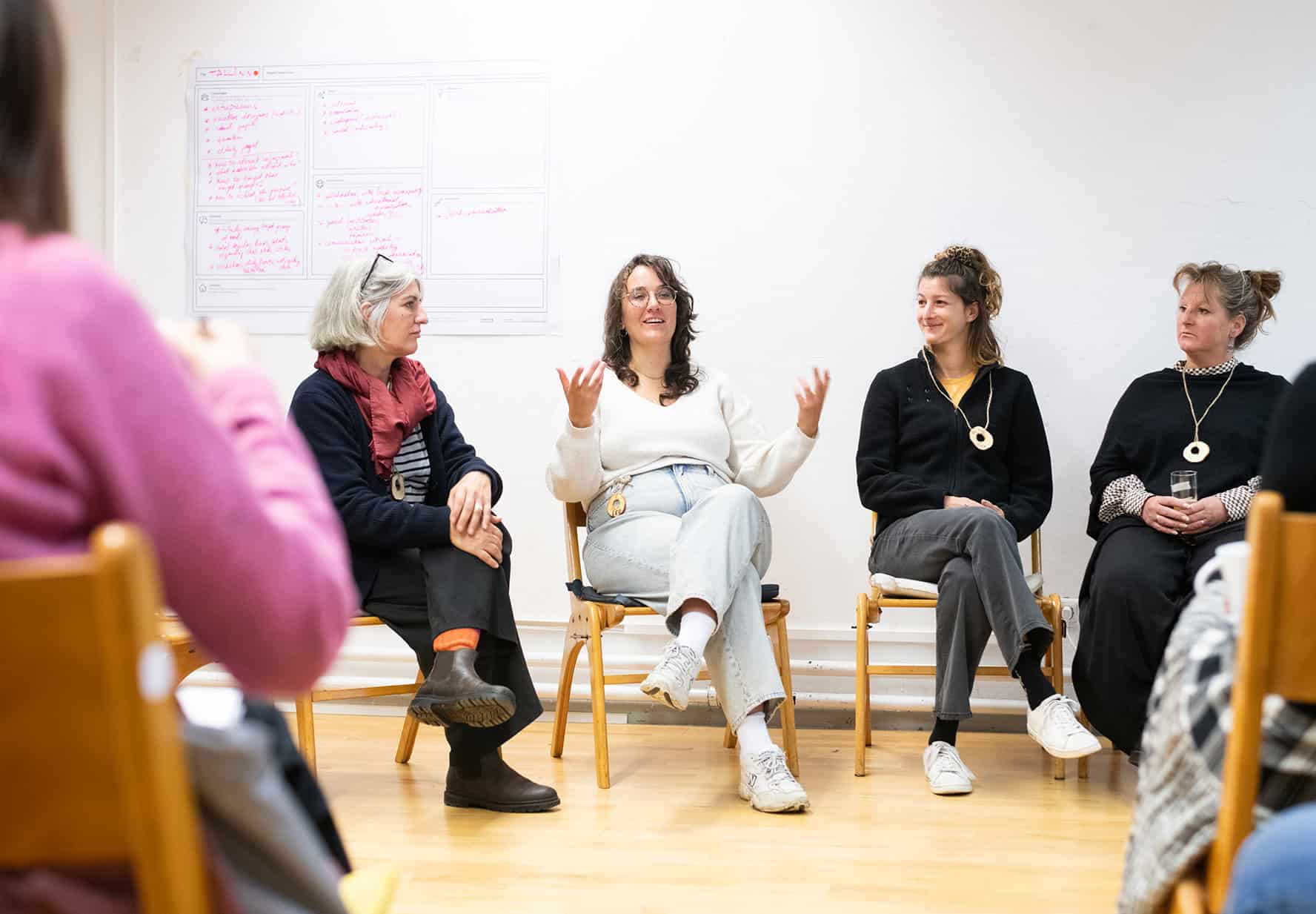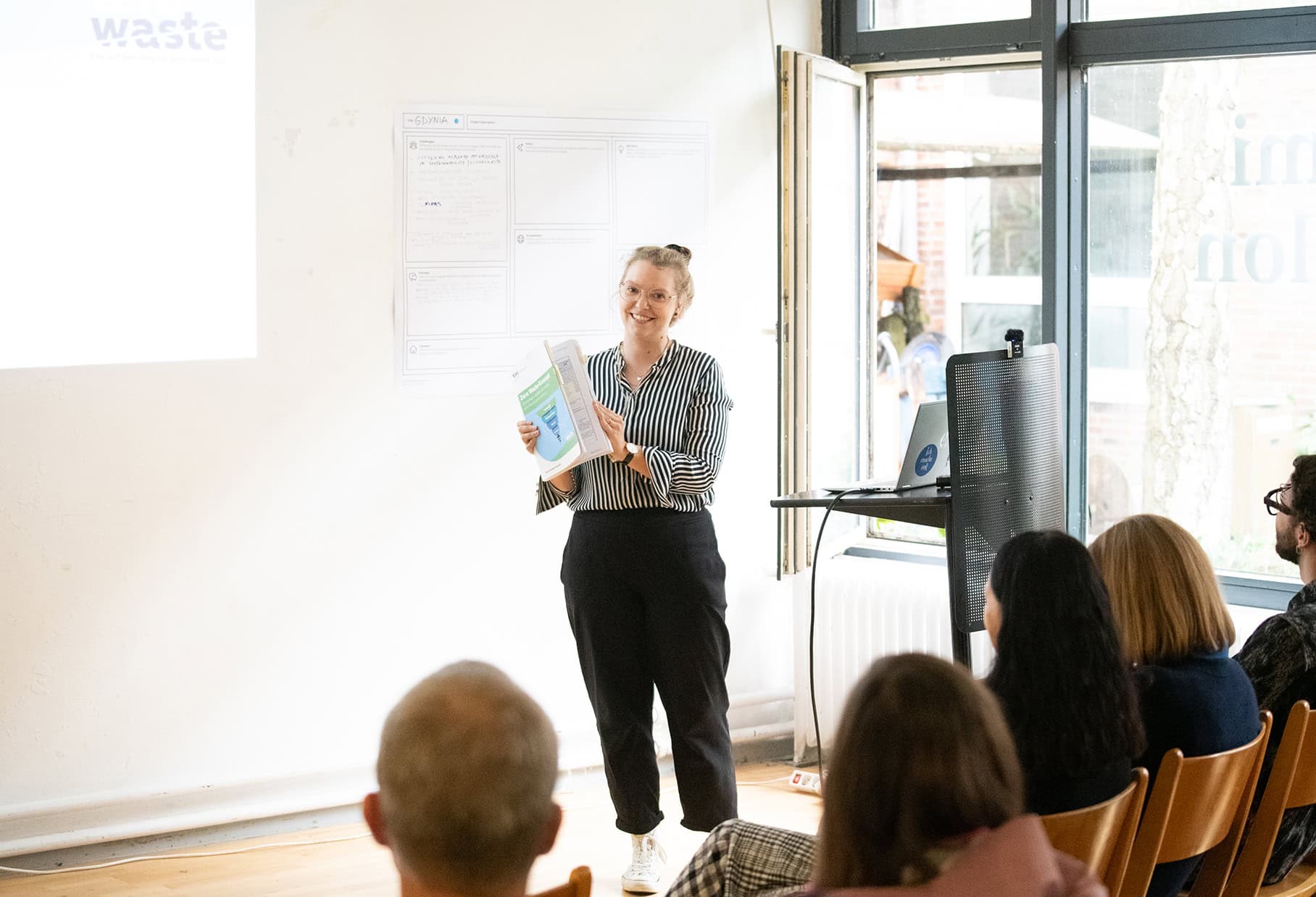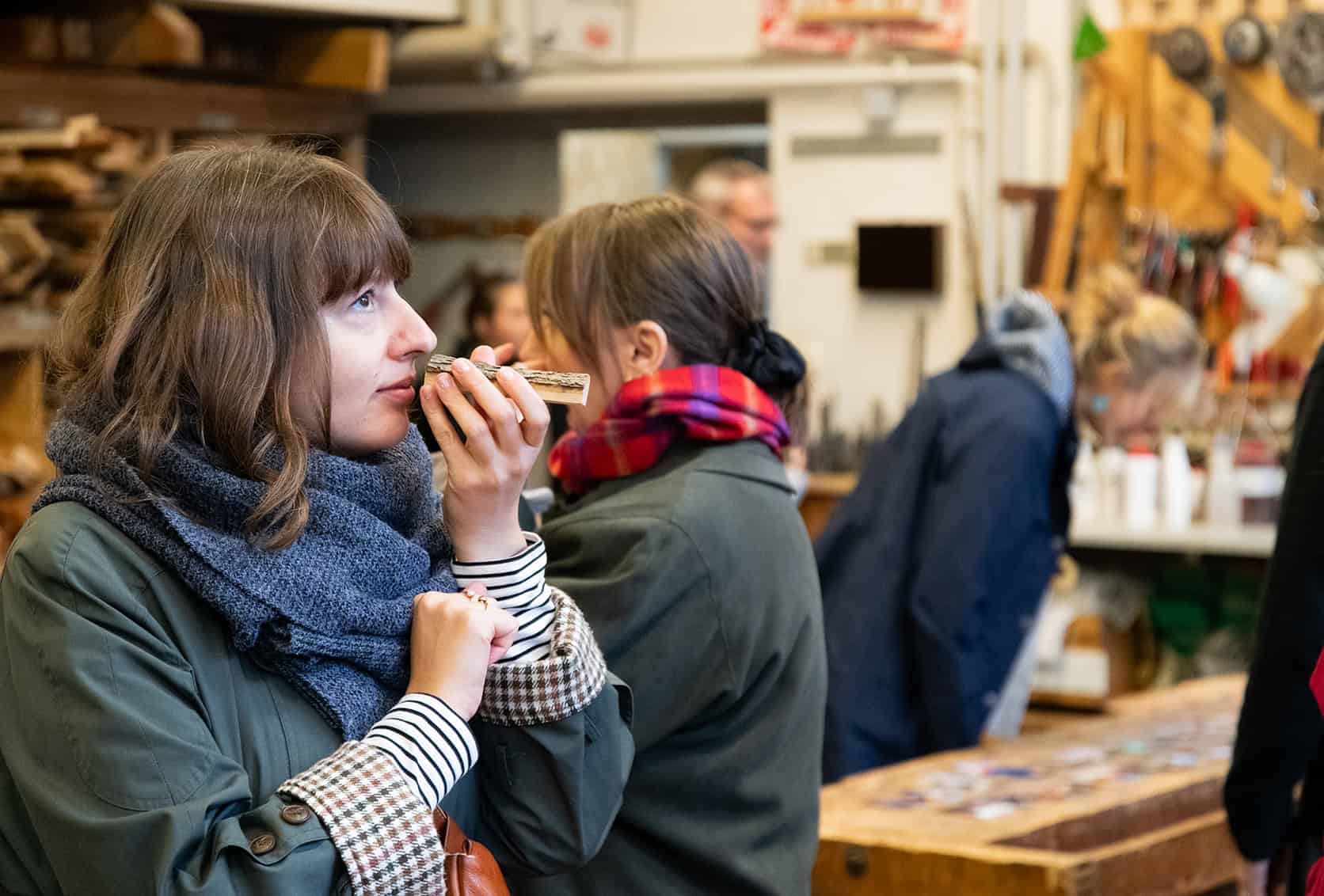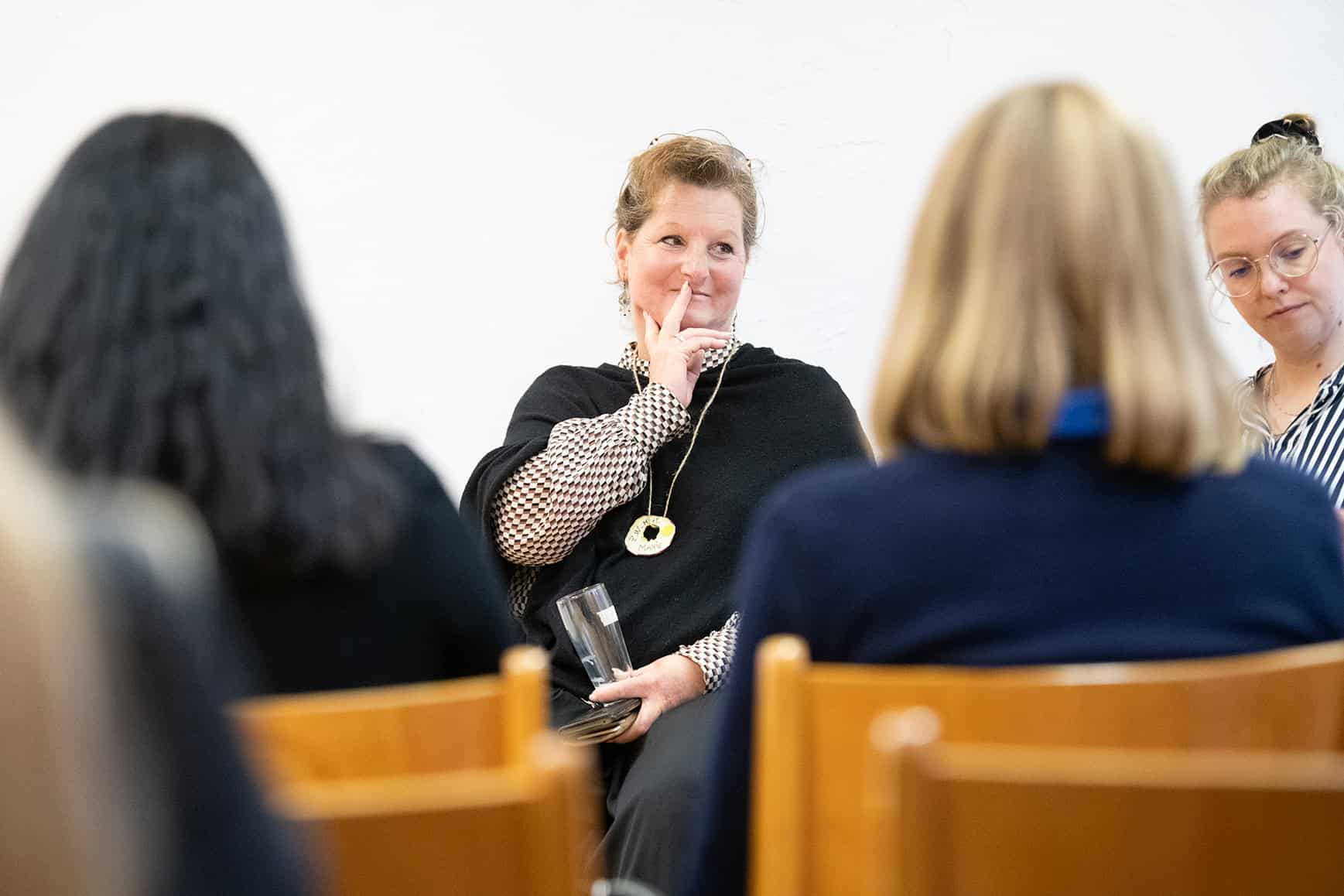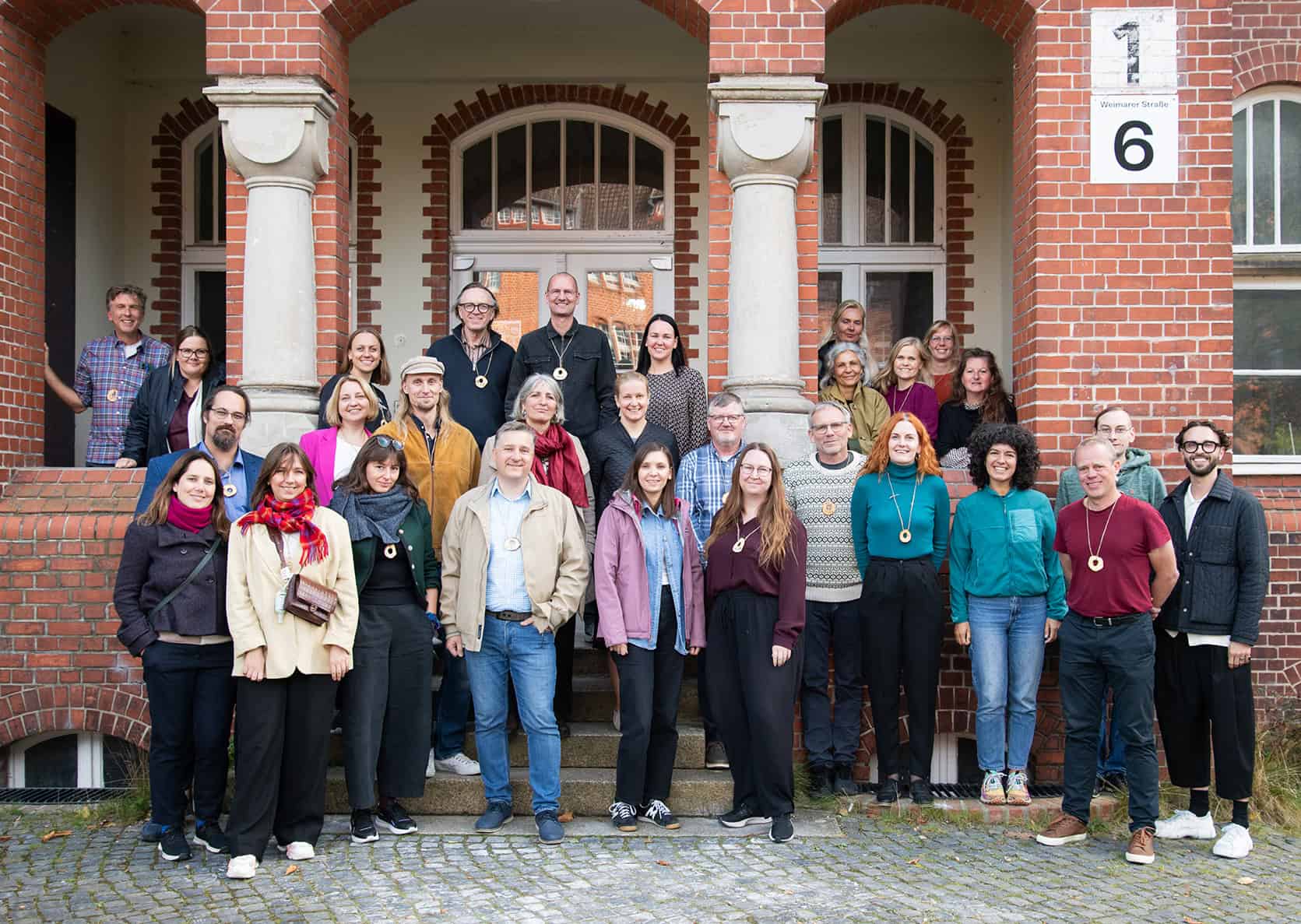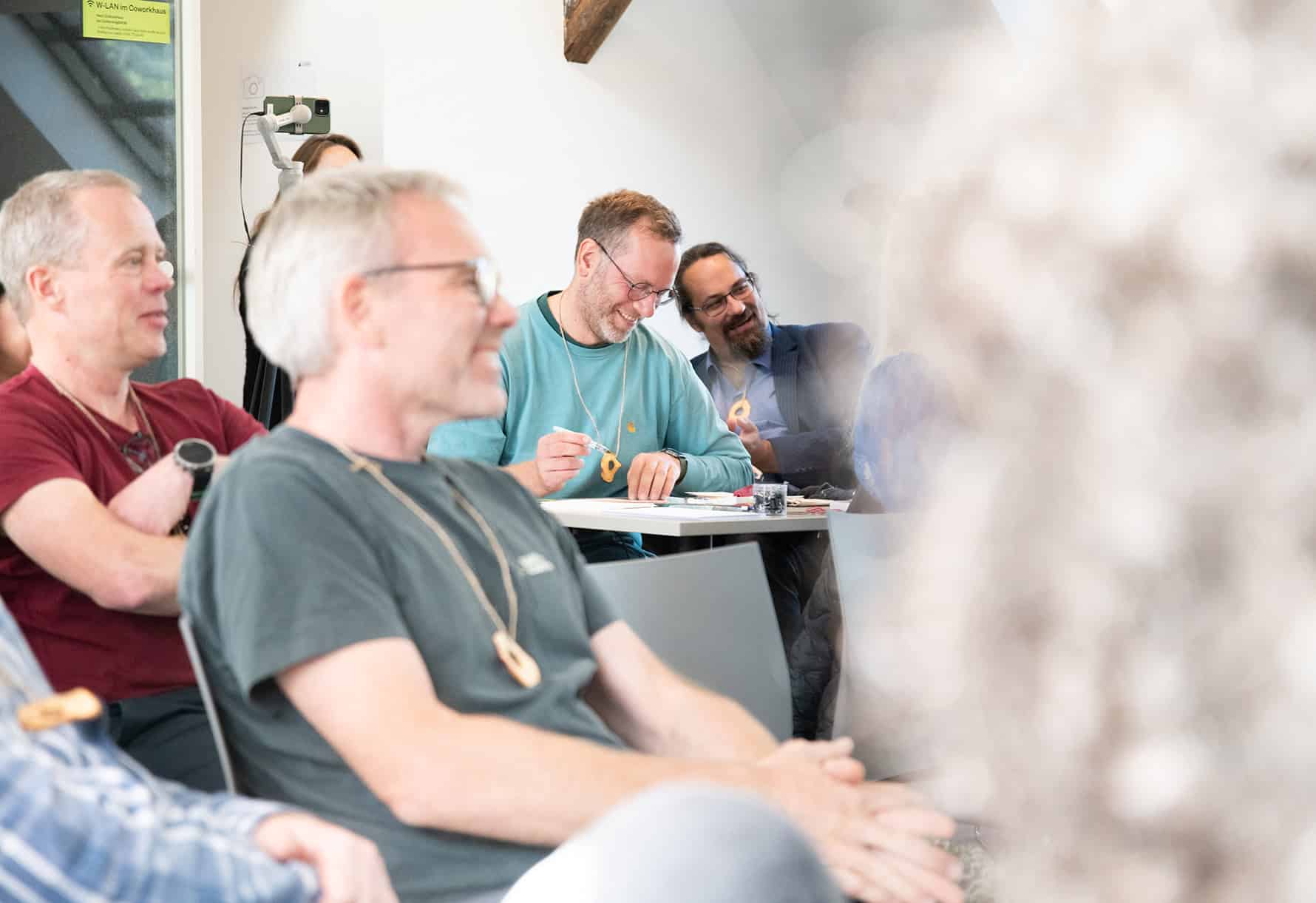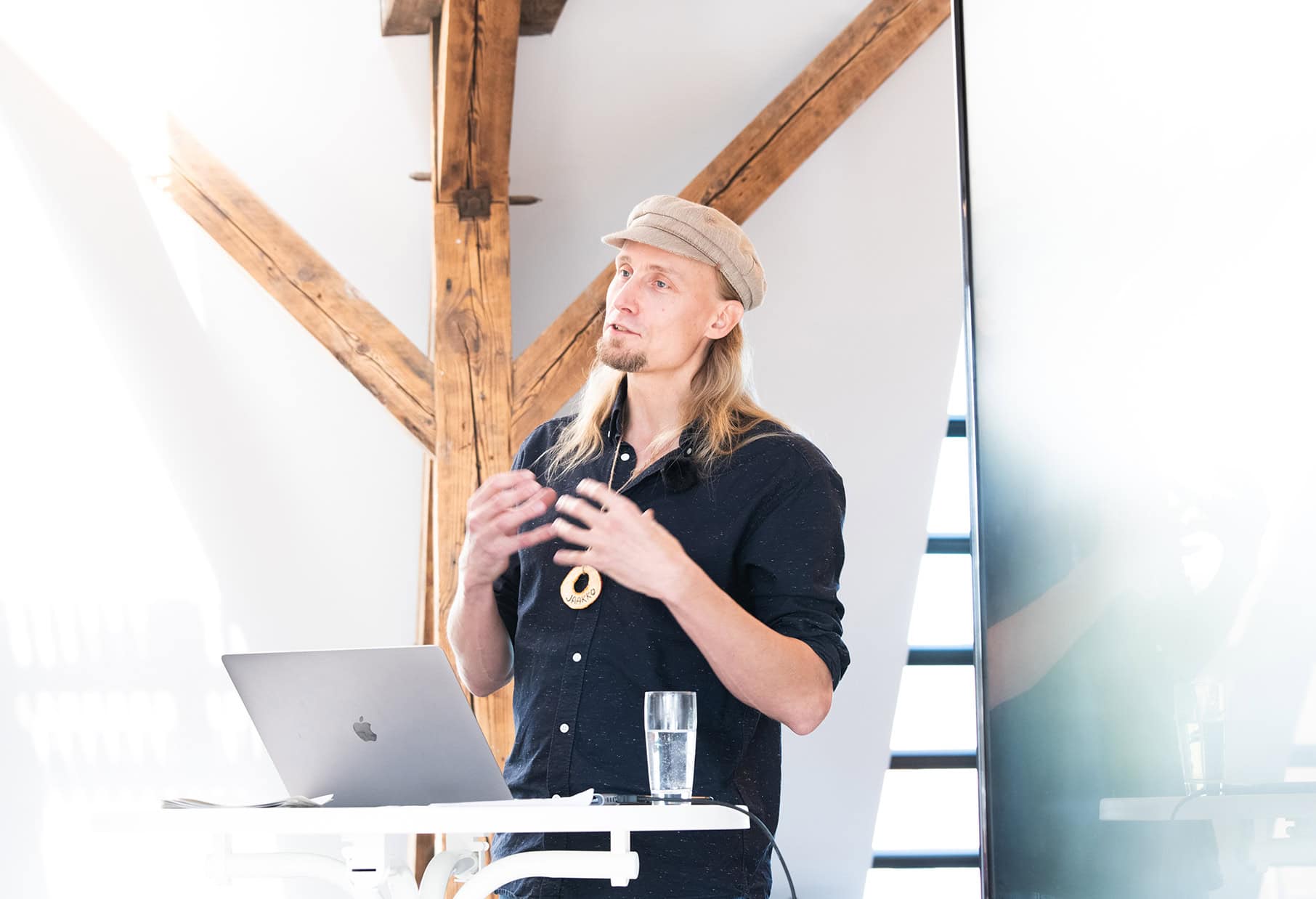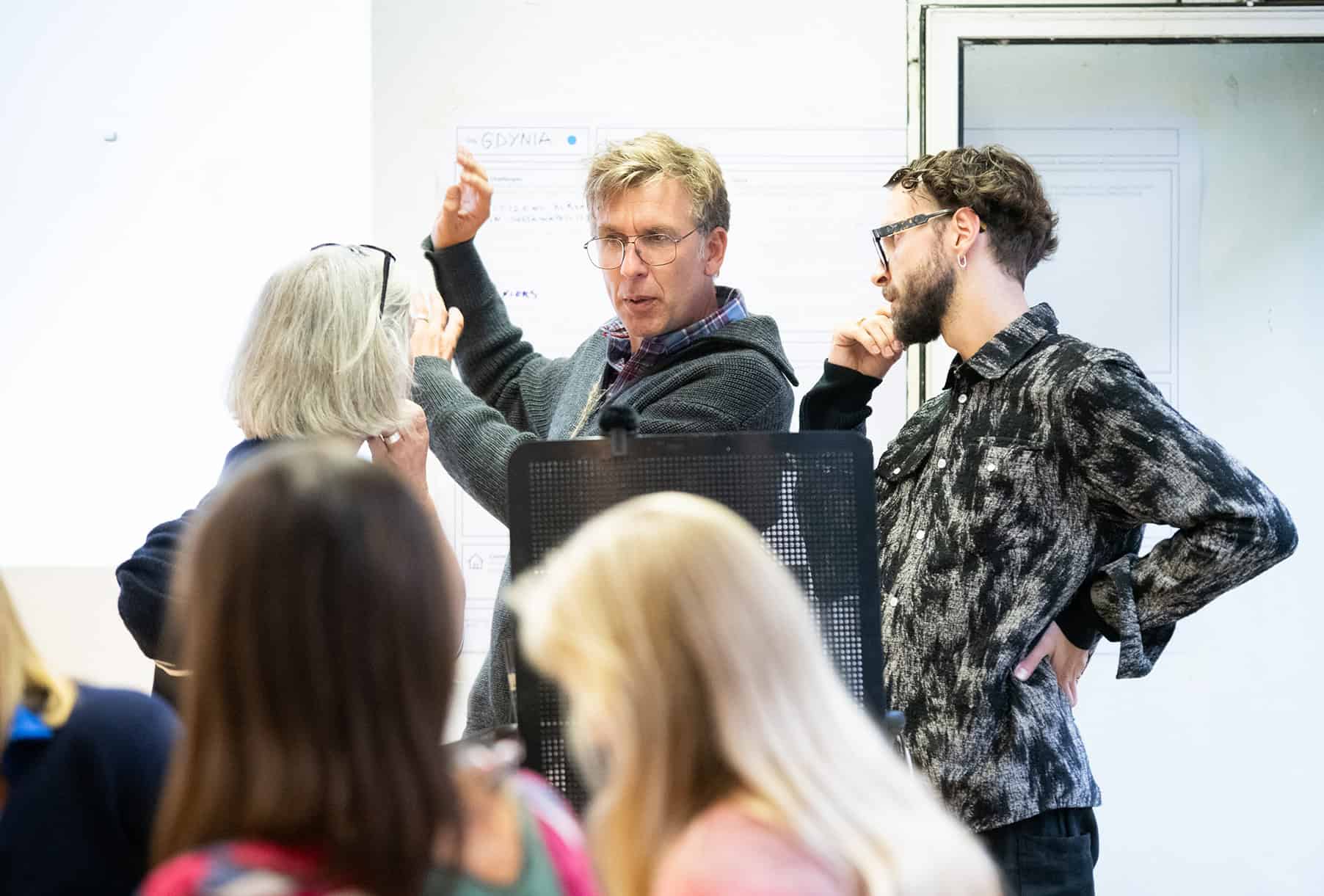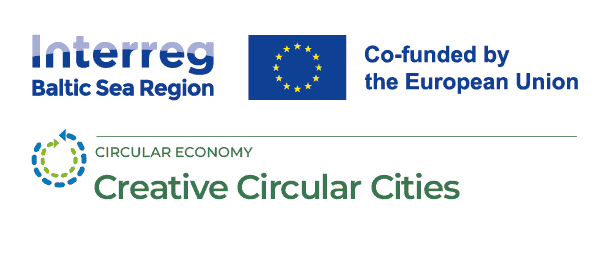
CCC cities learn to engage citizens in a circular lifestyle
22 October 2024
From 30 September to 2 October, the CCC project partners in Kiel – Heinrich-Böll-Stiftung Schleswig-Holstein, Anschar, and Zero Waste Kiel – hosted a citizen engagement workshop (Lab) in Kiel. During the Lab, project partners worked on improving their pilots, learned tips and tricks from inspiring experts, and met practitioners – organisations that have integrated aspects of circularity as their core principles.
In 2025, the cities involved in the project – Aarhus, Gdynia, Kiel, Riga, Tallinn, and Turku – are planning a range of workshops for citizens, festivals, and an exhibition on the circular economy. One of the questions they are facing is how to engage audiences with circularity topics and sustain their interest in the long term.
In the keynote speeches two experts – Vivian Doumpa (Stipo Greece) and Jaakko Blomberg (Helsinki Urban Art) – shared their tips on citizen engagement and offered a range of examples from their projects.
Vivian Doumpa shared insights from the project ‘Kyklos & Circular Neighborhood’ in Thessaloniki, Greece. Through circular economy ideas, applications, and practices, the project seeks to understand how a neighbourhood can become circular, utilizing all its resources, including the potential of its residents. Vivian emphasized the importance of understanding what circularity means to people and identifying the key facilities that matter to them in the neighbourhood. After thorough research, a community-building strategy can be developed and activities planned.
Jaakko Blomberg, the organizer of Helsinki Sauna Day, Dinner Under the Helsinki Sky, and many other events, shared insights and examples of how placing the needs of communities at the heart of cultural life can achieve a range of positive effects. Rather than being perfect, it is important to do things and have fun, says Jaakko.
The city of Kiel, Germany’s first certified Zero Waste city, offers plenty of initiatives to draw inspiration from. Lab participants were impressed by Werk Statt Konsum – an open wood workshop with professional equipment, where people can learn how to repair things or how to make new things from used wood.
Another inspiring initiative was Glückslokal, the shop of happiness. People can subscribe to the shop, and for a monthly fee of 5 euros, they can take 5 items each month – clothes, kitchen items, accessories, even monitors and cameras.
“The basic idea of Glückslokal is that it brings you happiness to share things with others, to reuse things, so we are thinking in a circular way and we are thinking a little anti-consumerism and anti-capitalism way, because you are not going to a normal shop, where you buy things, but you come here first,” says Leona Sedlaczek, the communication manager at the creative centre Alte Mu and a volunteer at the shop.
The event was moderated by sustainability communication experts Maximilian Mauracher and Cléo Mieulet (New Standard.s), who have been nominated for the German National Sustainability Award 2025. To run the event more sustainably, most of the meals served during the Lab were prepared from food leftovers by local organizations Resteritter and foodsharing Kiel.
The last workshop of the CCC project in 2024 – the Strategy Lab – will take place in Tallinn on 3 to 5 December. It will bring together the knowledge from all the Labs and help the project partners to build a long-term strategy for their projects.
“Creative Circular Cities” is co-funded by the EU’s Interreg Baltic Sea Region Programme to promote circular transition at local level by involving the culture & creative sectors and industries.






